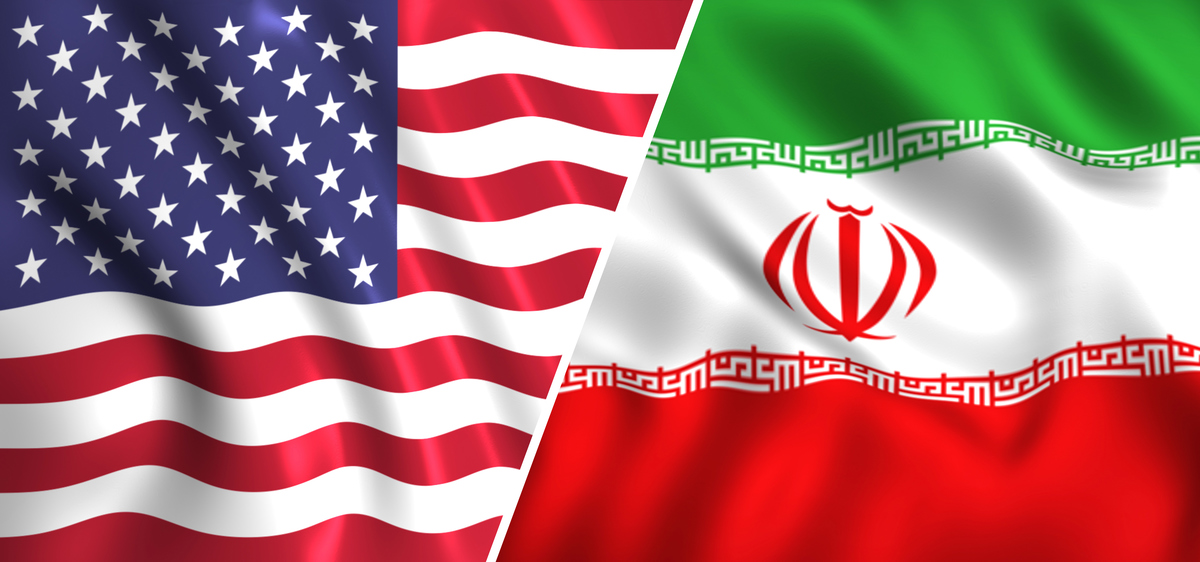Washington ramps up pressure on Iran’s oil exports
The US government has sanctioned two vessels and nearly two dozen firms, for allegedly transporting sanctioned Iranian oil.
 IMAGE: Flags of Iran and the US. Getty Images
IMAGE: Flags of Iran and the US. Getty Images
The US Department of the Treasury’s Office of Foreign Assets Control (OFAC) has imposed sanctions on several companies and two vessels, which it said has facilitated transport of sanctioned Iranian oil on behalf of Iran’s Armed Forces General Staff (AFGS) and its main commercial affiliate and previously sanctioned oil company Sepehr Energy.
Sepehr Energy often carries out oil shipments through a series of “deals” between several other companies that it owns or controls, “creating the illusion of non-sanctionable trade between separate entities,” OFAC said.
These entities involved in Sepehr Energy’s oil shipments are part of an “elaborate system of oil smuggling and money laundering,” the treasury department claimed. They are used to “broker and receive shipments of Iranian oil delivered to independent so-called teapot refineries in China.”
OFAC has sanctioned the Cameroon-flagged BALU and Panama-flagged ROC and their registered operators, for shipping Iranian petroleum on behalf of the AFGS and Sepehr Energy. These vessels are allegedly part of Iran’s shadow fleet.
The US administration has also targeted Singapore-based logistics firm CCIC Singapore for assisting Sepehr Energy in necessary pre-delivery cargo inspections, required before oil is transferred to China as well as in concealing the cargo’s Iranian oirigin.
Washington has repeatedly accused Tehran of allocating billions of US dollars’ worth of oil to its armed forces “to supplement their budget allocations, underwriting the development of ballistic missiles and unmanned aerial vehicles, as well as financing regional terrorist groups.”
The move reinforces the Donald Trump-led US administration’s commitment to tightening sanctions on Iran as it pushes to bring the OPEC member’s oil exports down to zero. The price of front-month ICE Brent edged higher after the announcement, according to market analysts.
By assembling a shadow fleet of poorly maintained vessels to circumvent sanctions meant to restrict the movement of Iranian crude oil, Tehran has effectively generated thousands of dollars in revenue to support regional armed groups, including the Yemen-based Houthi and the Lebanon-based Hezbollah, according to OFAC.
By Aparupa Mazumder
Please get in touch with comments or additional info to news@engine.online





